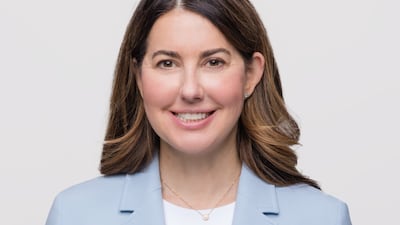It is certainly one of interventional cardiology's most striking successes that, over the past decade or so, it has grown in large measure by slowly stealing away patients from cardiac surgeons. Despite stellar clinical success of their own in coronary artery bypass grafting (CABG) surgery, surgeons have watched as interventionalists have extended their domain, moving beyond single vessels to multi-vessel disease. And, armed with a host of new tools and ever more sophisticated techniques, interventionalists now seem ready to tackle cases—in tortuous lesions or total chronic occlusions, for example—long been thought to be the exclusive province of surgeons.
But interventional cardiology's success has created challenges of its own: having gradually chipped away at the patient base of surgeons,...







